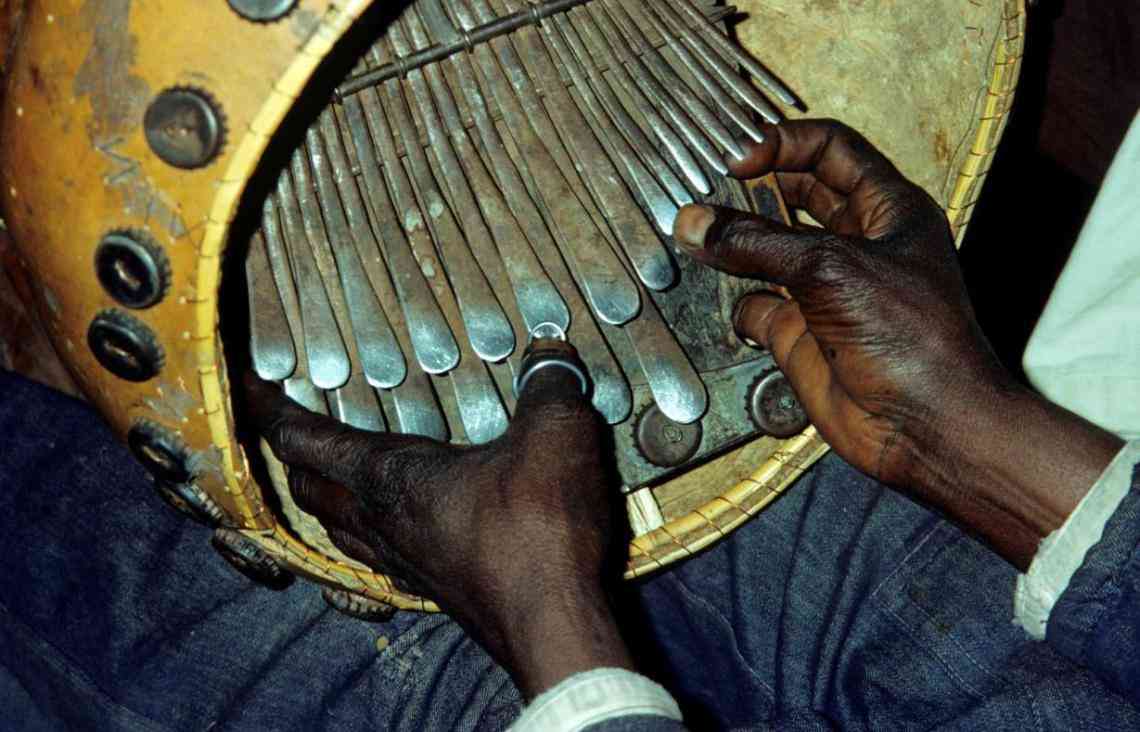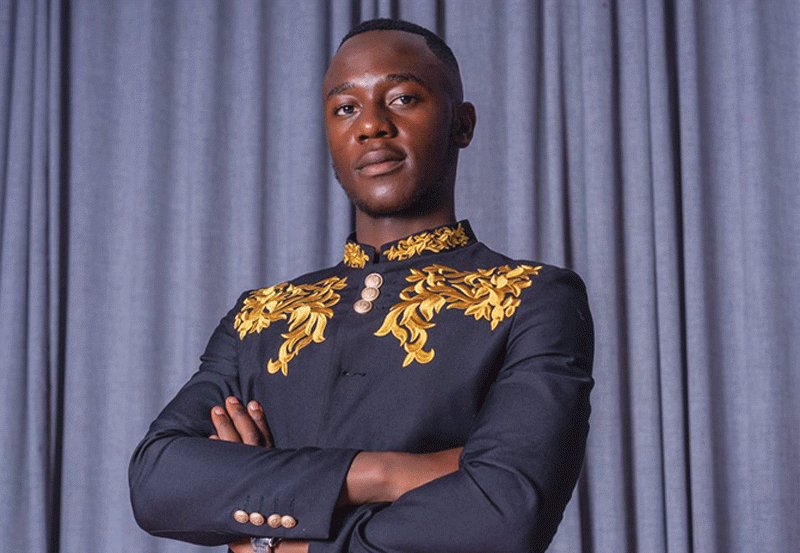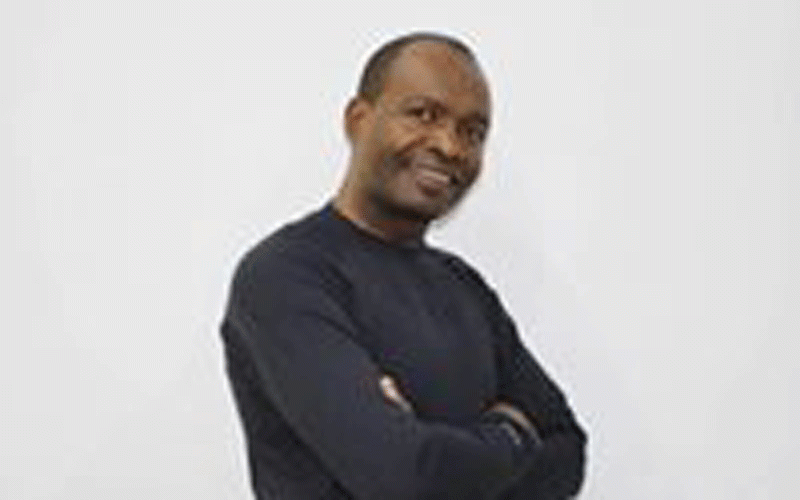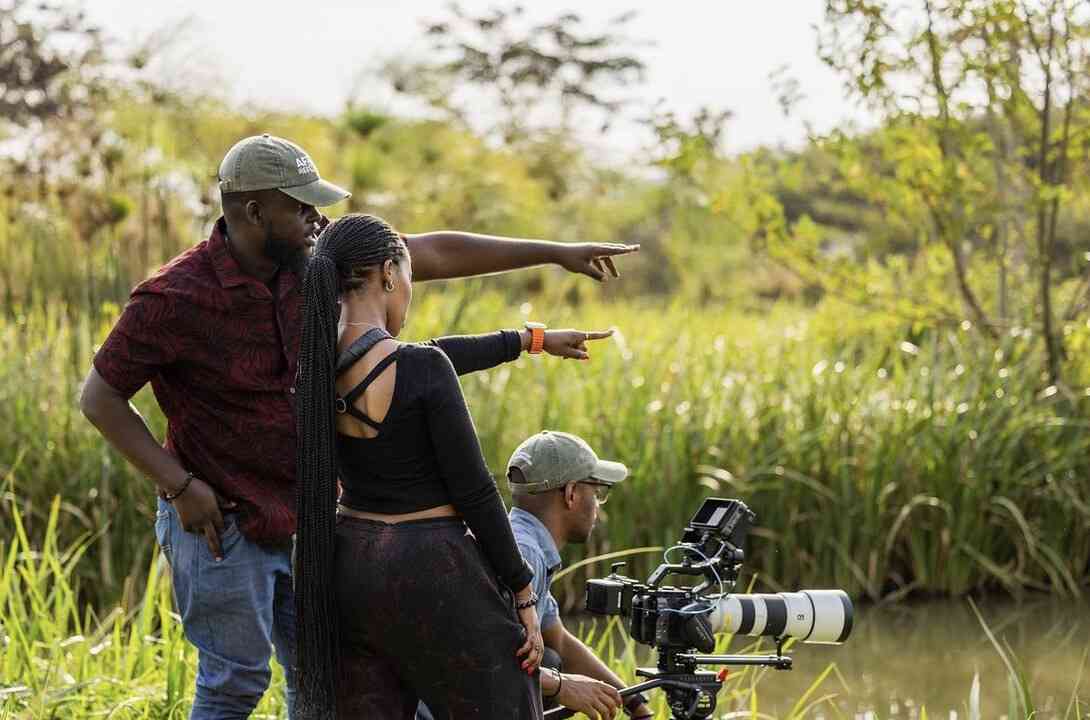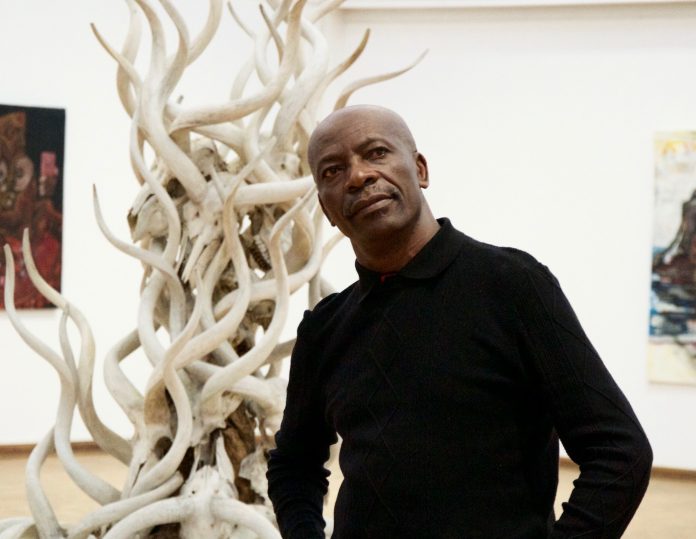
BY TENDAI SAUTA NATIONAL Gallery of Zimbabwe (NGZ) has partnered with AfroCuration to host a hybrid mentorship programme to train youths aged between 18 and 26 how to tell their stories through WikiAfrica, an imitation version of Wikipedia.
In a statement, NGZ spokesperson Zvikomborero Mandangu said the two-day programme, which is open to local youths in colleges and universities, will start on December 9 in Harare and will feature influential speakers from the arts and culture sector.
“The AfroCuration event will focus on coaching young writers and artists to engage in global debate in support of the decolonisation discourse, as it is high time that the African story must be told by Africans,” he said.
“Focus for the AfroCuration workshop will be to mentor these young minds into tackling topical issues like families and community colonial experiences, decolonising education and heritage, nationalism and contemporary art in Zimbabwe, religion and belief systems, Zimbabwean diet, beauty and family.”
Mandangu said the WikiAfrica movement had consistently instigated and led multi-faceted innovative initiatives that had activated communities and driven content to Wikipedia.
“In a way, WikiAfrica will be highly complementary to the Africa scholars who have globally reputable thesis positions, but lack visibility due to lack of effective knowledge transfer mechanisms and efficient information management systems for African bodies of knowledge,” he said.
“The WikiAfrica education programme aims to change and introduce a new generation of editors based in Africa to Wikipedia. While learning about knowledge systems, theory of knowledge and critical thought, the students will also be contributing vital, researched articles that reflect their geographic and social realities.”
Mandangu said the just-ended International Conference on African Culture resolved to retrieve the actual African artefacts and objects in Western and African museums for repatriation and restitution opposed to digital archiving in international libraries and museums.
- Chamisa under fire over US$120K donation
- Mavhunga puts DeMbare into Chibuku quarterfinals
- Pension funds bet on Cabora Bassa oilfields
- Councils defy govt fire tender directive
Keep Reading
“The position paper or the concept paper justifies that WikiAfrica is an international movement that takes place on the African continent and beyond. It encourages individuals, interested groups and organisations to create, expand and enhance online content about Africa,” he said.
“It started from a collaboration between the Lettera27 Foundation (today the Moleskine foundation) and Wikimedia Italia in 2006 conceptualised the idea and released all its content under creative commons licence to facilitate sharing, innovation and maximise impact.”
Mandangu said African stories told by Africans were still very few and lacked optimisation.
“What has been written about Africa has mainly been written by people from the West. This has created a paucity of information about an entire continent of around a billion people,” he said.
“This results in limiting our understanding of the complexities that exist on such a vast geographical space around such diverse issues as culture, economics, politics, history or contemporary entertainment.”
- Follow us on Twitter @NewsDayZimbabwe



